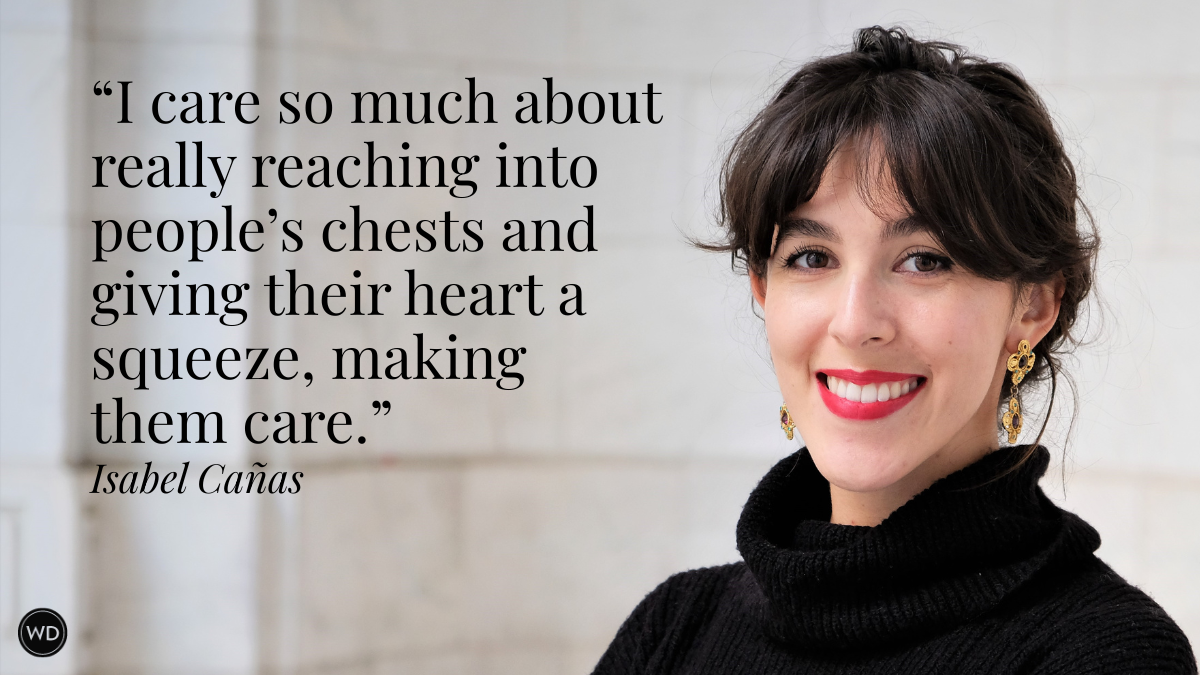The Immigrant Backstory of Writing My Novel
Author Yiming Ma shares how his immigrant experience has influenced his views on life as well as his novel writing.
I wish I could be one of those authors able to discuss writing through rose-colored glasses, but that would be insincere.
I first left Shanghai when I was five. Before the eighth grade, I attended eight schools across New York, Toronto, and my birth city. When you move around so much, you learn not to trust your environment, appreciating that it could change in an instant. Every time that happens, you internalize the fear that you may be behind the other kids, that you have to hustle in order to catch up. Often that fear was not unwarranted, when you’re growing up with fewer resources than anyone else in your class. Except as children, none of us could truly comprehend what it meant that one of our parents served as the president of University of Toronto, Canada’s equivalent to Harvard College.
I won’t pretend that it was healthy to hold onto all my childhood ideologies, but I do think that they contributed to the resilience and relentless drive that motivates many first-generation immigrants and their children. I still hold memories of my parents sacrificing their careers as university lecturers in Shanghai in order to move to New York and then Toronto, where they had to work in Chinese restaurants.
Unsurprisingly, I would bring all those scars and insecurities to writing as well.
*
My debut novel These Memories Do Not Belong to Us is set in a future where memories are bought and sold, and a renamed China has taken over—but at its heart, it’s a book about survival and resistance. The novel is structured as a collection of eleven banned memories which an unnamed narrator receives as inheritance from his deceased mother. Whether before or after the War when the Qin empire conquers the world, every character grapples with their morality, often in conflict with their own survival or that of their loved ones.
As an immigrant, I grew up believing that I did not have the privilege to resist against any individuals or institutions that represented authority. In a way, I wrote this book partly to explore what small resistances I could imagine mustering under the most frightening scenarios—whether confronting Artificial General Intelligence, or memory surveillance, or the brutal life of a sumo wrestler—in the hope that it might resonate with others who feel similarly powerless amid overwhelming odds.
It’s not surprising that I wrote the majority of Memory Epics during the COVID-19 pandemic, although Swimmer of Yangtze was completed more than seven years ago. Seeing my first story win the Guardian 4th Estate BAME Story Prize gave me confidence when I had none before. After all, my first career was in finance and impact investing; I had just graduated with an MBA from Stanford after working with affordable schools in Africa. Back then, I could only imagine a world under capitalism, because as an immigrant, I was taught to accept systems unconditionally rather than question their merits. When I wrote my book, I aspired for the stories to offer hope, while remaining grounded in the cruel truth that resistance does not guarantee anything. Although when a government begins to threaten democratic institutions and eviscerate migrant rights, resistance may well prove necessary, regardless of whether the power systems can be overthrown.
I believe that Western literature needs more immigrant voices, despite the best efforts of publishers and book media to elevate writers of color. The truth is that the majority of AAPI authors are second or third generation Americans/Canadians. Almost always, the media groups us together, but I usually relate more to the perspective of a first-generation immigrant from Eastern Europe than a fellow Asian born in Idaho. Beyond the challenge of writing in a second language, people of a lower socioeconomic class can rarely afford to explore careers stereotyped in the category of “starving artists.” Writing is simply not a pragmatic financial decision, especially in the face of AI. As much as I believe that the pen is powerful, I know that my wife and I would be anxious if our child one day followed my literary path.
A year ago, over a coffee with the Egyptian-Canadian author Omar El-Akkad, I remarked offhandedly how interesting it was that both of our debuts were dystopian novels (his first novel American War is set in a future America ravaged by climate challenge following a Second Civil War). He responded that he didn’t think it was a coincidence, since both of us had landed in the West from elsewhere. For the first time, I understood why it felt so hard for me to imagine writing a novel set in present-day America, because subconsciously I knew that world did not belong to me. As an immigrant I did not believe myself deserving of such authority, so I had to invent an alternate future instead.
Maybe that will change one day. Certainly, I believe that my next generation won’t have the same hang-ups as their immigrant parents. But I also recognize that if they were ever to write, their voices would inevitably sound different from mine, as bittersweet as that would feel on the page.
Check out Yiming Ma's These Memories Do Not Belong To Us here:
(WD uses affiliate links)







